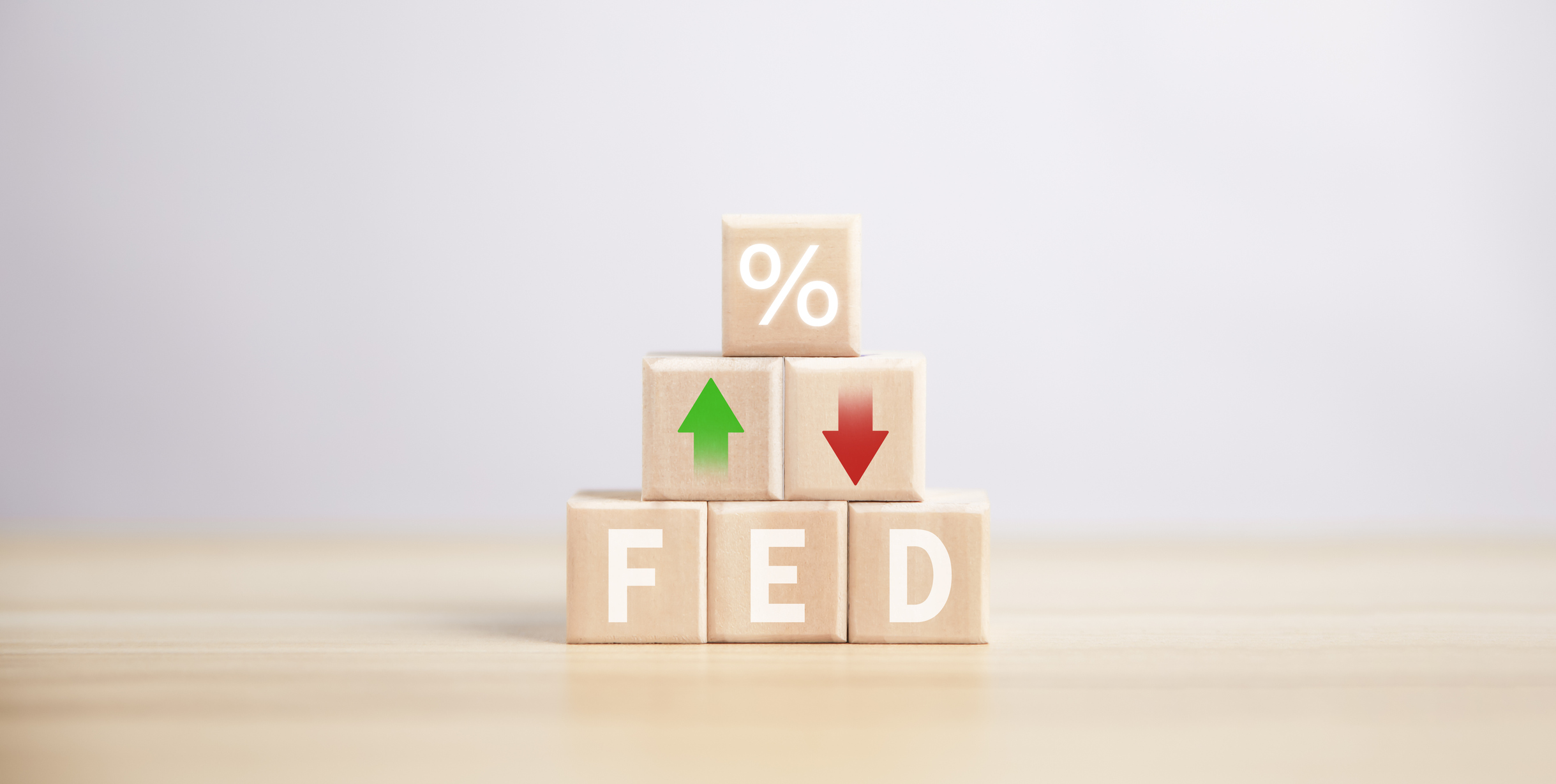
Key Takeaways:
- The Federal Reserve decided not to raise rates in November, the second month of no action, after months of hikes.
- Rates at such an elevated level may not have wrecked the economy, but many American households still feel stretched.
- More rate hikes might be on the way, but this is uncharted territory for the Fed.
The Federal Reserve concluded its November meeting with yet another wait-and-see stance on interest rates. The good news: rates aren’t going up. The bad news: they’re already pretty darn high.
This was the second meeting in a row in which the central bank decided to stay on hold, after over a year of hiking rates aggressively. In fact, rates shot up so high in such a short period of time that many experts thought the economy would be in a recession, and the Fed would have to start cutting rates, by mid-2023.
No-one wants a recession, of course, but no-one likes uncertainty, either. And watching the economy grow so strongly in the face of the highest borrowing costs in 22 years is baffling to many analysts. It raises uncomfortable questions: will the Fed resume rate rises soon? Will the economy tip into a recession much more quickly than anyone realizes?
There are also fresh unknowns clouding the outlook. The conflict in the Middle East is one example. It could push the price of energy sharply higher. That would make things even more expensive for consumers and businesses, but it would also pressure overall inflation upward, which might prompt the Fed to raise rates again.
Meanwhile, there are a lot of cards stacked against consumers now. Mortgage rates are at the highest level in two decades, making it hard to buy, sell, or refinance. Student loan payments just restarted for millions of Americans. And inflation is pinching household budgets. As a recent Fed report noted, “Nearly two thirds of adults stopped using a product or used less because of inflation, 64 percent switched to a cheaper product, and just over one-half (51 percent) reduced their savings in response to higher prices.”
Still, for now employment remains strong, consumers are spending robustly on all kinds of goods and services, and inflation is moderating. The Federal Reserve may actually have achieved what’s sometimes called a “soft landing” — a slower pace of inflation, with a still-healthy economy.
And if the Fed’s rate hikes have made things more difficult for you, there may be help available. If you have home equity but your budget is stretched, you could consider tapping your home equity to pay off bills. Here are some options for how to do that.
The blog articles published by Unlock Technologies are available for informational purposes only and not considered legal or financial advice on any subject matter. The blogs should not be used as a substitute for legal or financial advice from a licensed attorney or financial professional. Links in our blog posts to third-party websites are provided as a convenience and are for informational purposes only; they do not constitute an endorsement of any products, services or opinions of the corporation, organization or individual. Unlock Technologies bears no responsibility for the accuracy, legality, or content of external sites or that of subsequent links.



